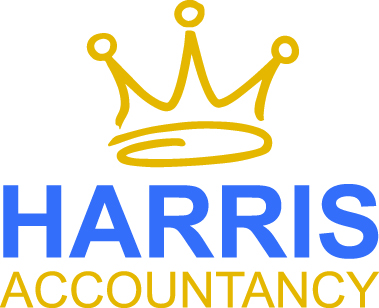What is Inheritance tax?
Inheritance tax is a tax on the estate of a person who has passed away. How much is payable is dependent on the value of the estate (money, possessions and property).
Inheritance Tax Rate
The standard rate of tax is 40% and is chargeable on the amount above the nil rate band of £325,000. If you are married or in a civil relationship, any unused nil rate band amount can be transferred to your partner upon your death. Since April 2017, a new allowance known as the residence nil rate band has been introduced and like the nil rate band, any unused allowance can be passed on between partners. For the 2020/21 tax year, this amount is £175,000.
How to avoid/reduce inheritance tax
As with all taxes, careful planning and individual circumstances allow individuals to decrease their liability. The following are a few steps which can help:
1) Lifetime gifts
a. Certain gifts can potentially be exempt (known as potentially exempt transfer or PETs) depending on when they are made. If a gift has been made to an individual more than 7 years before death, it becomes exempt from inheritance tax. If it is less than 7 years, the tax payable will depend on when the gift was made.
b. Annual exemption of £3,000 per tax year (any unused amount can be carried forward to the next year – but only for one year
c. Wedding or civil ceremony gifts of up to £1,000 per person (£2,500 for a grandchild or great-grandchild, £5,000 for a child)
d. Normal gifts out of your income e.g. parents giving to their children during birthdays and Christmas.
e. Gifts to charities or political parties
f. Payments to help with living costs of an elderly relative or a child under 18.
2) Setting up trusts
a. Putting assets into trusts will remove them from your estate. This can be useful for the benefit of your children when they reach the age of 18 years.
b. Other trusts allow you to earn income (which is liable to income tax) from an asset whilst avoiding inheritance tax on death.
3) Transfer of assets
a. If an asset has depreciated in value since purchase, it would be ideal to transfer it out as no capital gains tax would be payable. If after the transfer, any recovery in the value of the asset, it will be in the estate of the recipient and any gain would be free from inheritance tax liability after 7 years.
b. Certain assets carry a relief with them e.g business shares, business property etc. These can be transferred free of inheritance tax if certain conditions are met.
4) Writing a will
a. Helps distribute the assets according to your wishes. Without a will, the assets are distributed according to intestacy rules which could potentially be liable to inheritance tax.
5) Taking out insurance
a. You can take out a life insurance policy to cover any potential inheritance tax bill and place it in a trust to ensure it is paid outside your estate.
What we can do for you:
We can help set up the right structure in order to reduce the potential liability of inheritance tax so that your loved ones do not have to worry about tax during these stressful times. Contact us on 0121 455 8055 or via email at [email protected]


